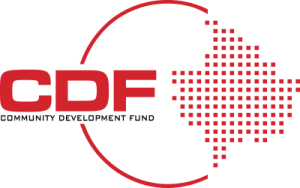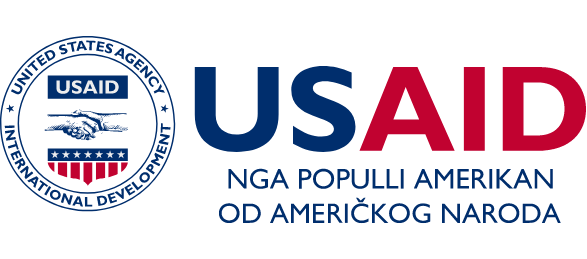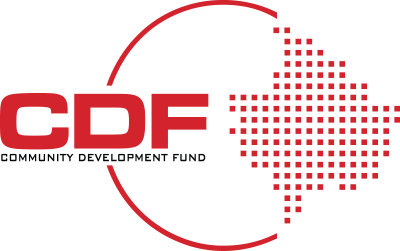In the ever-evolving labyrinth of the business realm, financial audits are the proverbial touchstones of fiscal health and operational integrity for micro, small, and medium-sized enterprises (MSMEs) in Kosovo. Often misconstrued as an unwelcome intrusion or an unnecessary bureaucratic hurdle, audits are, in reality, a conduit for organizational refinement. This comprehensive guide aims to demystify the audit process in Kosovo, elucidate preparatory steps, and set realistic expectations for MSMEs embarking on this journey.
The Audit Landscape in Kosovo
In Kosovo, financial audits are mandated by various statutory instruments, including Kosovo’s Law on Accounting and the Law on Business Organizations. The audit process is primarily governed by the Kosovo Council for Financial Reporting (KCFR).
Types of Audits
- Statutory Audits: Required by law, focusing on the accuracy of financial statements.
- Internal Audits: Conducted internally to assess controls and procedures.
- Compliance Audits: Ensures adherence to regulatory guidelines and laws.
- Special Audits: Targeted audits for specific business aspects like tax or fraud.
Implications for MSMEs
Audit Triggers
In Kosovo, MSMEs with an annual turnover exceeding €750,000 are required to undergo a statutory financial audit.
Example: A burgeoning manufacturing MSME in Pristina with an annual turnover of €1 million must prepare for a statutory financial audit as mandated by Kosovo’s laws.
The Audit Trail
The trail left by your financial transactions must be impeccable. Auditors will examine invoices, receipts, bank statements, and other financial documents.
Example: A tourism agency in Prizren should ensure all tour packages sold have corresponding invoices and receipts.
Auditors’ Expectations
Auditors in Kosovo expect:
- Transparency: Full disclosure of all financial activities.
- Documentation: Complete and organized records.
- Accessibility: Availability of key personnel for inquiries.
Preparing for an Audit
Internal Review
Before the external auditors arrive, conduct an internal review. Make sure all financial statements are up-to-date and all supporting documentation is in order.
Consult Your Accountant
Engage your accountant to provide insight into what the auditors will be looking for, especially if they’ve had prior experience with audits in Kosovo.
Collect Required Documents
Gather all financial records, contracts, asset records, and other relevant documents. Organize them for easy retrieval.
The Audit Process
- Planning: Auditors will outline their scope and objectives.
- Fieldwork: Examination of financial records and internal controls.
- Reporting: A detailed report will be provided upon completion.
Navigating the audit process in Kosovo is less a challenge and more an opportunity—provided you are prepared and informed. An audit is not merely a statutory requirement but a robust instrument for enhancing your MSME’s fiscal and operational efficacy. By understanding what to expect and how to prepare, you elevate the audit from a daunting task to a facilitative process, enabling your business to thrive in Kosovo’s dynamic market landscape.








